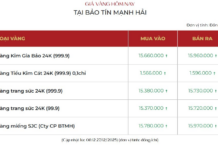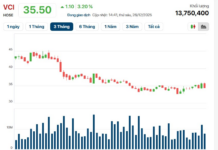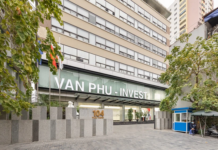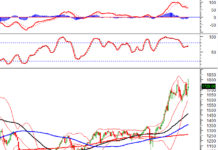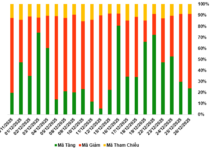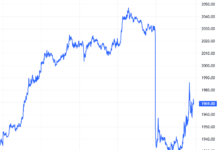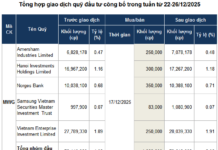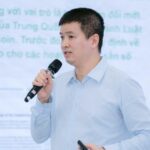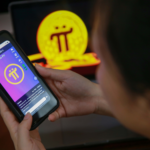Centralized Cryptocurrency Exchange Model
Interviewer: In your opinion, which model of cryptocurrency exchange, centralized (CEX) or decentralized (DEX), would be more suitable for a pilot program in Vietnam?
Mr. Phan Duc Trung: At present, considering both the perspective of state management requirements and user habits, the centralized exchange model (CEX) is a more suitable and feasible option for sustainable development, not only in Vietnam but also internationally.
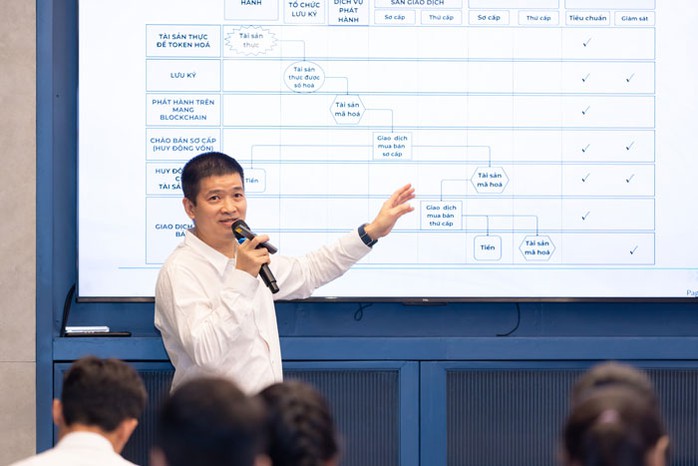
Mr. Phan Duc Trung
CEX currently accounts for over 99.7% of global trading volume, equivalent to approximately $261 billion per day. In contrast, DEX, despite offering enhanced security, accounts for only about 0.3%, or $761 million.
The primary reason for this disparity lies in legal framework issues. While DEX platforms do not meet the minimum eKYC (electronic Know Your Customer) standards, CEX exchanges, despite their legal compliance challenges, ensure basic eKYC requirements. The market-making practices of CEX exchanges are also more transparent than those of DEX platforms.
According to data from VASPnet, more than 70 countries and territories have issued regulations or granted licenses to CEX exchanges, including the US, UK, EU, South Korea, Singapore, Japan, Canada, and the UAE.
On the other hand, no country has licensed a completely decentralized DEX to operate. Currently, only the UAE permits DEX operations if there is a clear legal entity and the exchange is operated openly. Some countries, such as Singapore and Japan, may impose taxes or fees on DEX trading activities but have not established a licensing framework for DEX platforms.
Additionally, CEX exchanges offer superior user experiences with user-friendly interfaces, high liquidity due to a large user base, fast transaction speeds, and direct customer support. In contrast, the operators of DEX platforms remain anonymous, providing little to no support for users. This means that investors on DEX platforms bear all the risks associated with scams or technical issues.
Learning from International Experiences
In your opinion, what factors should Vietnam consider from successful global cryptocurrency exchange models to establish a safe and efficient trading ecosystem?
During our research, the Vietnam Blockchain and Digital Asset Association analyzed various digital asset exchange models across different countries and regions worldwide. However, no single management model can be considered perfect or absolutely optimal. Each country develops its own strategy, depending on its management needs and specific economic and political context.
Nonetheless, the most effective regulatory models globally share four core elements: transparent licensing mechanisms, stringent customer identification procedures (KYC), adherence to global standards for anti-money laundering and counter-terrorist financing (AML/CFT), and clear tax policies coupled with effective user protection mechanisms.
Vietnam is well-positioned to adopt these international best practices, but it is crucial to tailor the approach to the country’s specific context. Currently, the draft decree on the pilot program for centralized digital asset exchanges is nearing completion. The Ministry of Finance is expected to submit this document to the government in August, marking a strategic step toward establishing a foundation for the development of Vietnam’s digital asset market and unlocking robust growth potential in the coming years.
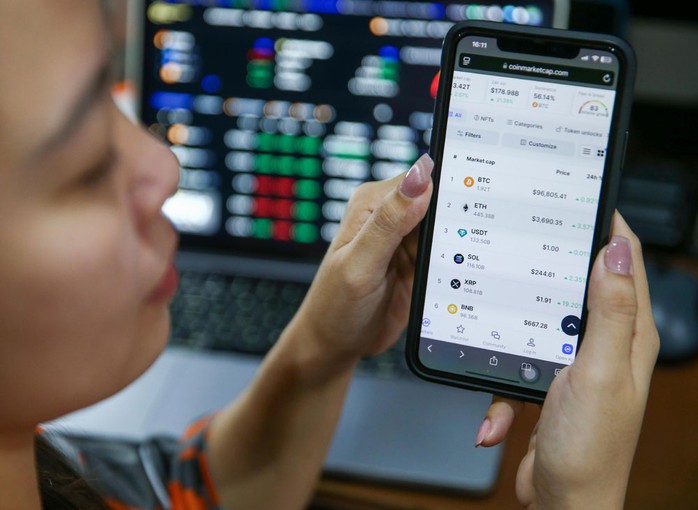
Many Vietnamese invest in digital currencies on foreign exchanges daily. Photo: HOANG TRIEU
Careful consideration has been given to integrating relevant international standards into the new legal framework, drawing from advanced models such as those of Hong Kong, Thailand, and Singapore. Therefore, rather than debating which country to emulate, the focus should be on how Vietnam can effectively implement these principles in a manner suited to its domestic context.
Looking globally, the most successful digital asset exchanges today remain well-known names like Coinbase, Kraken, and Gemini. In Asia, platforms like Hashkey and KuCoin have demonstrated agility and a dynamic market approach, aligning with the fast-moving nature of the global digital asset industry.
How do you assess the financial and technological capabilities of large corporations in Vietnam regarding the implementation of digital asset exchanges?
Vietnam is presented with a significant opportunity to develop internationally recognized digital asset exchanges. This prospect is bolstered by the serious involvement of major technology and financial groups such as Techcombank, Vingroup, Viettel, and FPT. These enterprises have proven their capabilities in executing complex technology projects, possessing modern digital infrastructure, robust ecosystems, and experienced engineering teams in areas like fintech, digital banking, and e-wallets. This forms a solid foundation for establishing a robust digital asset exchange.
However, unlike traditional financial products, blockchain and digital assets evolve rapidly, demanding in-depth knowledge not only in technology but also in legal and risk management aspects within a decentralized environment. Purely relying on banking or fintech experience is insufficient. Corporations aiming to enter this field comprehensively need to build dedicated teams comprising blockchain engineers, digital finance specialists, technology lawyers, and cybersecurity experts.
According to Mr. Phan Duc Trung, 1Matrix is developing a multi-chain blockchain infrastructure with Vietnam as the technology owner. Leveraging this foundation, a flexible digital asset ecosystem is being created, enabling international organizations to transfer services through white-label contracts, while domestic enterprises proactively develop B2B, B2C, or B2B2C service layers tailored to market demands.
By effectively harnessing domestic resources and adopting a flexible approach, Vietnam is well-positioned to establish reputable digital asset exchanges within the region. Furthermore, Vietnamese enterprises can even export both technology and operational models, cementing their presence on the global digital asset landscape.
The Financial Hub: It’s Not About the Number of Skyscrapers or Acres of Land
“Vietnamese enterprises believe that the first and most crucial factor is an open-door policy. Economic experts emphasize that while tax incentives are necessary, they are not sufficient for fostering true competition. Instead, the key lies in creating a revolutionary business environment, one that fosters flexibility and encourages the development of novel financial and technological models.”
“Digital Assets: Vietnam’s Key to Success in the Global Financial Arena”
“A financial hub is not defined by the physical size of a building or the number of hectares of land it occupies. Its essence lies in the legal framework, the mindset, and, most crucially, its ability to foster an environment that encourages and nurtures new ideas and innovations. This is the insight offered by Mr. Mai Huy Tuan, who emphasizes the intangible yet powerful aspects that truly make a financial center thrive.”
The Digital Asset Exchange is Almost Here.
The early launch of the crypto asset exchange for beta testing is a significant step forward, offering legal trading opportunities for citizens.
“Asia’s Leading Blockchain Event: ‘Instead of Dubai or Singapore, I Want Them to Come to Vietnam’”
As GM Vietnam 2025 officially kicked off at the National Convention Center in Hanoi in the first week of August, little did anyone know that the master director behind the scenes was a young and dynamic individual: Nguyen Ngoc Son Quynh (Jenny Nguyen, 27 years old) – the Operations Director at Kyros Ventures and Coin68.










